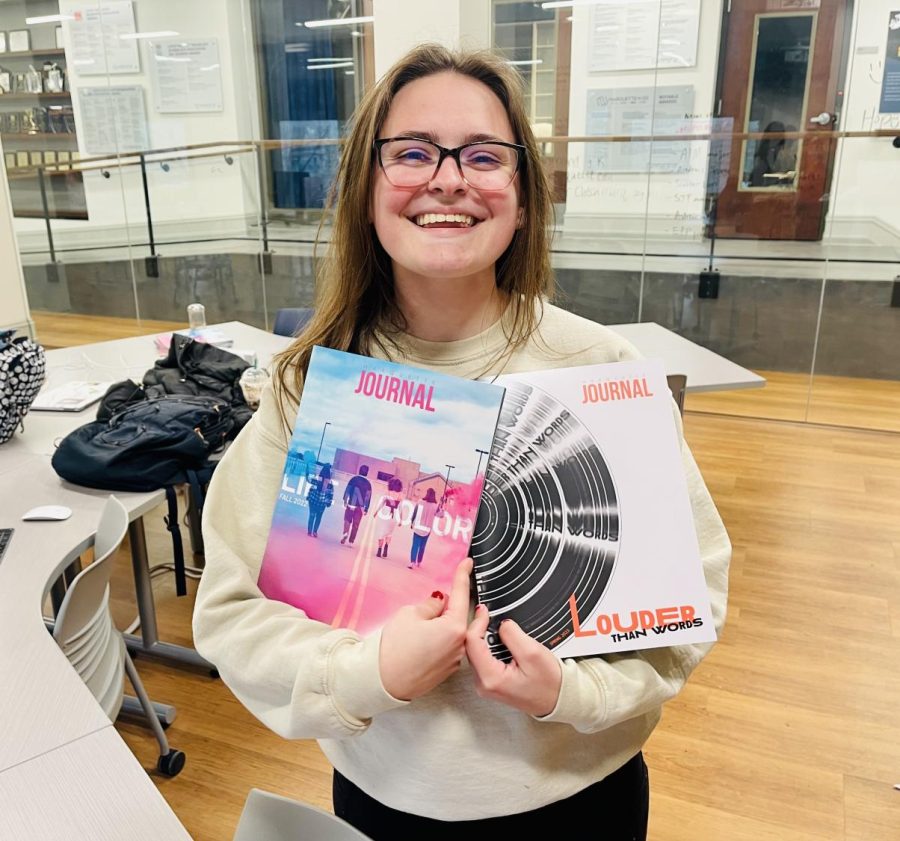Does taking a picture actually make things last longer? With the end of summer approaching, some people are desperate to hold on to their summer memories. Photographs have always been a means to preserve moments in time, but does your brain preserve those moments in time?
The answer is yes and no. With the rise of smartphones, it’s never been easier to make a moment “last longer.” In fact, it’s estimated that 1.72 trillion photos are taken worldwide every year. For Americans, it’s an average of 20.2 photos taken a day.
“I think it’s just become habitual for everyone to constantly have their phones out all the time. You want to be able to look back on those memories,” Amy Olsen, sophomore in the College of Arts & Sciences, says. “I often find myself having an internal battle between living in the moment and wanting to capture it.”
In the past two decades, there have been various studies on the formation of memories and how smartphones impact them. One study published at the beginning of August found that smartphone usage can actually aid the process of memory formation.
“This was because using the device shifted the way that people used their memory to store high-importance versus low-importance information. When people had to remember by themselves, they used their memory capacity to remember the most important information,” Sam Gilbert, senior research fellow at University College London, says in a news release.
The study mentions that when people could count on their devices to remember some of the key information, they started to turn their attention elsewhere.
” … When they could use the device, they saved high-importance information into the device and used their own memory for less important information instead,” Gilbert says in a news release.
On the other hand, a study conducted by Linda Hinkel, a professor at Fairfield University, had other results. Participants were asked to remember different pieces of art in a museum. Turns out, they were less likely to remember them if they took pictures.
Essentially, people didn’t put as much effort into memorizing or encoding that memory since they could use their photos as a backup.
However, if you’re looking to capture those summer memories, photos can still be a good option. In this case, it’s quality over quantity. It may not matter how many photos you take, but rather how you take them.
It’s often the case that the act of setting the scene and preparing to take a photo is actually what helps you preserve the memory. Acts such as zooming in or out, panning the camera, or focusing on other visual details can actually help with memory functions.
However, there is also evidence that using your brain to do those things, such as focusing on the lighting, actually uses the energy that your brain would be putting towards encoding the memory.
There is also research to support that taking fewer photos also can help you remember the memories you are trying to capture better.
Yet, there’s also some evidence that supports the idea that taking pictures improves visual memory, though it can have negative effects elsewhere.
There’s another wrinkle that can make things more complicated, social media.
“It has the effect of turning up the volume on conversations and connecting people in ways that can have a negative impact,” Saul Levin, American Psychiatric Association CEO and medical director, says in a news release.
The photo-sharing apps have been a long source of controversy for their various effects on mental health and body image. They can also affect the way we take photos and in turn how we remember the moments in the photos. When people take photos for social media, they are often viewing their own life from a third-person view.
Taking pictures in this way can also impact how your brain processes the moment you are trying to capture and eventually share with your followers.
While the summer begins to wrap up be sure to continue to take pictures to capture all those summer memories (or don’t).
This story was written by Megan Woolard. She can be reached at [email protected] and on Twitter @MeganWoolard4.







